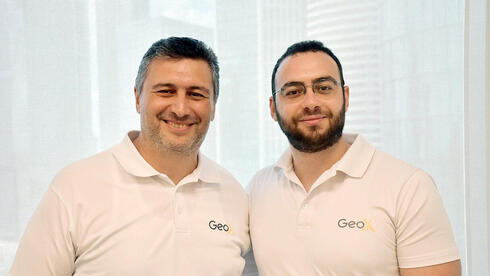The Canadian venture capital fund The Group Ventures (TGV) is suing the Israeli company GEOX and several of its directors. As part of the lawsuit, the plaintiff is seeking to cancel its $1.5 million investment agreement with GEOX. If the agreement is not canceled, the fund is demanding that payment be made personally by each of the company’s directors.
According to the lawsuit, TGV claims that GEOX made systematic, not one-off, false representations. The fund alleges that in 2024 the company launched a Series A funding round and presented overly positive data, including inflated revenues, agreements with significant customers, and projections of rapid growth leading to an IPO in 2029, positioning itself as a promising investment opportunity. The Canadian fund’s investment was also influenced by the participation of Flashpoint Venture Capital, which had invested $8 million based on the same data. In December 2024, TGV signed an agreement with GEOX for a $1.5 million investment, receiving approximately 54,000 shares.
The plaintiffs now argue that the information provided was false and deliberately misleading. GEOX allegedly portrayed itself as a thriving company when, in reality, it was losing customers, burning through roughly $500,000 a month, and facing a deepening deficit. The fund claims that annual recurring revenue (ARR) figures were overstated by about 50% and that supposed agreements with major customers did not exist.
TGV says it requested documentation and accurate data from GEOX, but the company failed to comply, providing only partial information.
Meanwhile, in September 2024, GEOX issued a press release announcing a $19 million investment round. The company said investors included Flashpoint, the R&D partnership Suretech, and private investors Ariel Maislos and Noam Lanir.
GEOX, founded in 2018 by CEO Itzik Lavi, CTO Eli Lavi, and Guy Attar, develops a platform for assessing risks to real estate assets from climate-related disasters. Its technology performs 3D analysis of aerial photographs to automatically and accurately evaluate properties and predict potential damage. The system generates extensive data relevant to insuring private and commercial buildings, including roof size, type, condition, slope, and more.
In response to the lawsuit, GEOX stated: “We remain optimistic about the company’s progress. We regret the claim from a dissatisfied investor. We are reviewing the documents and will respond accordingly.”

